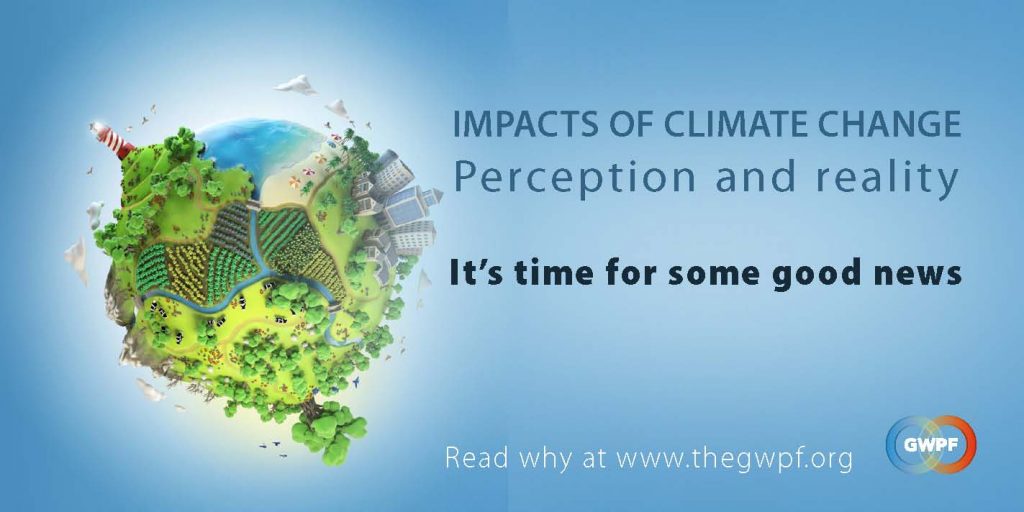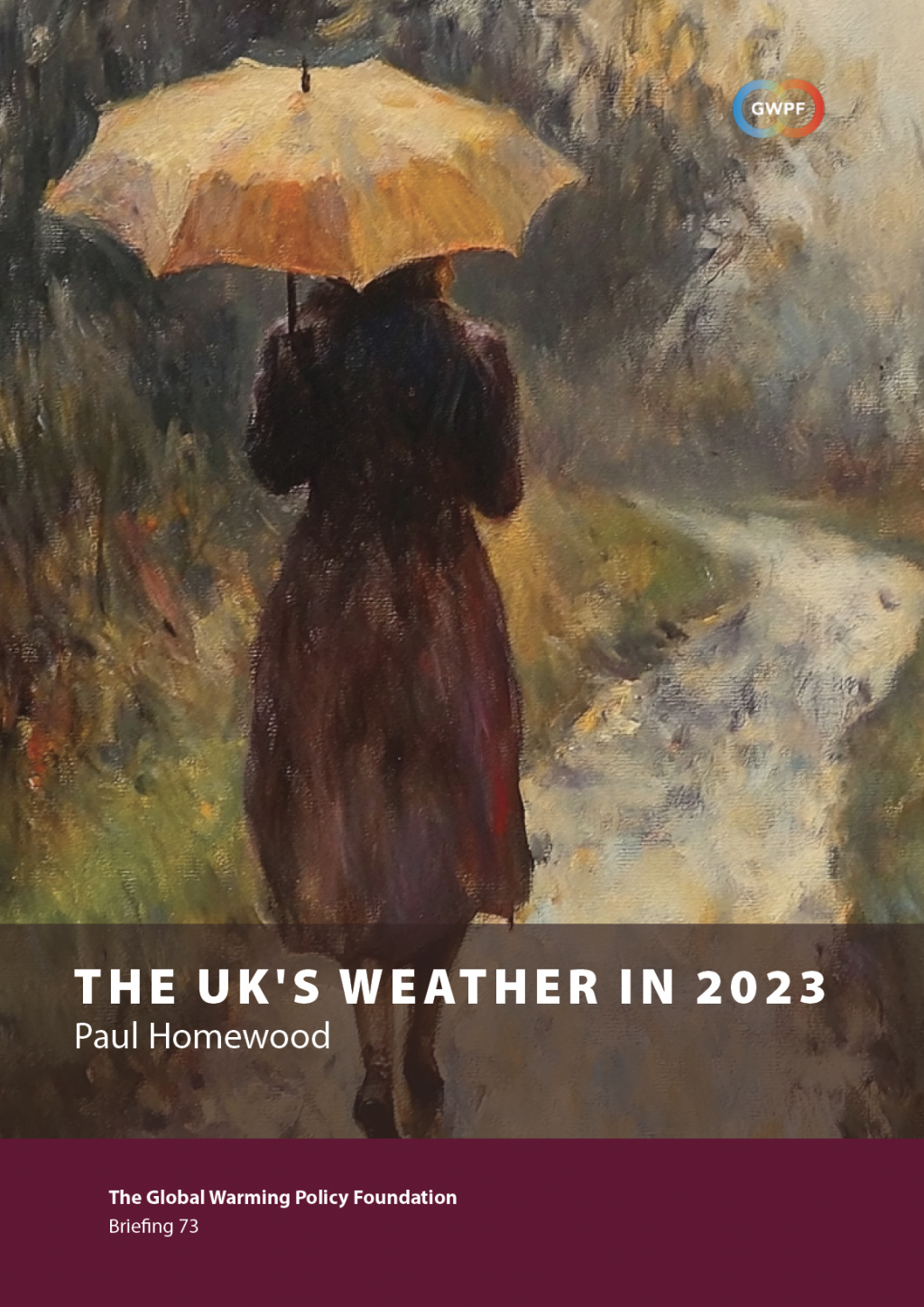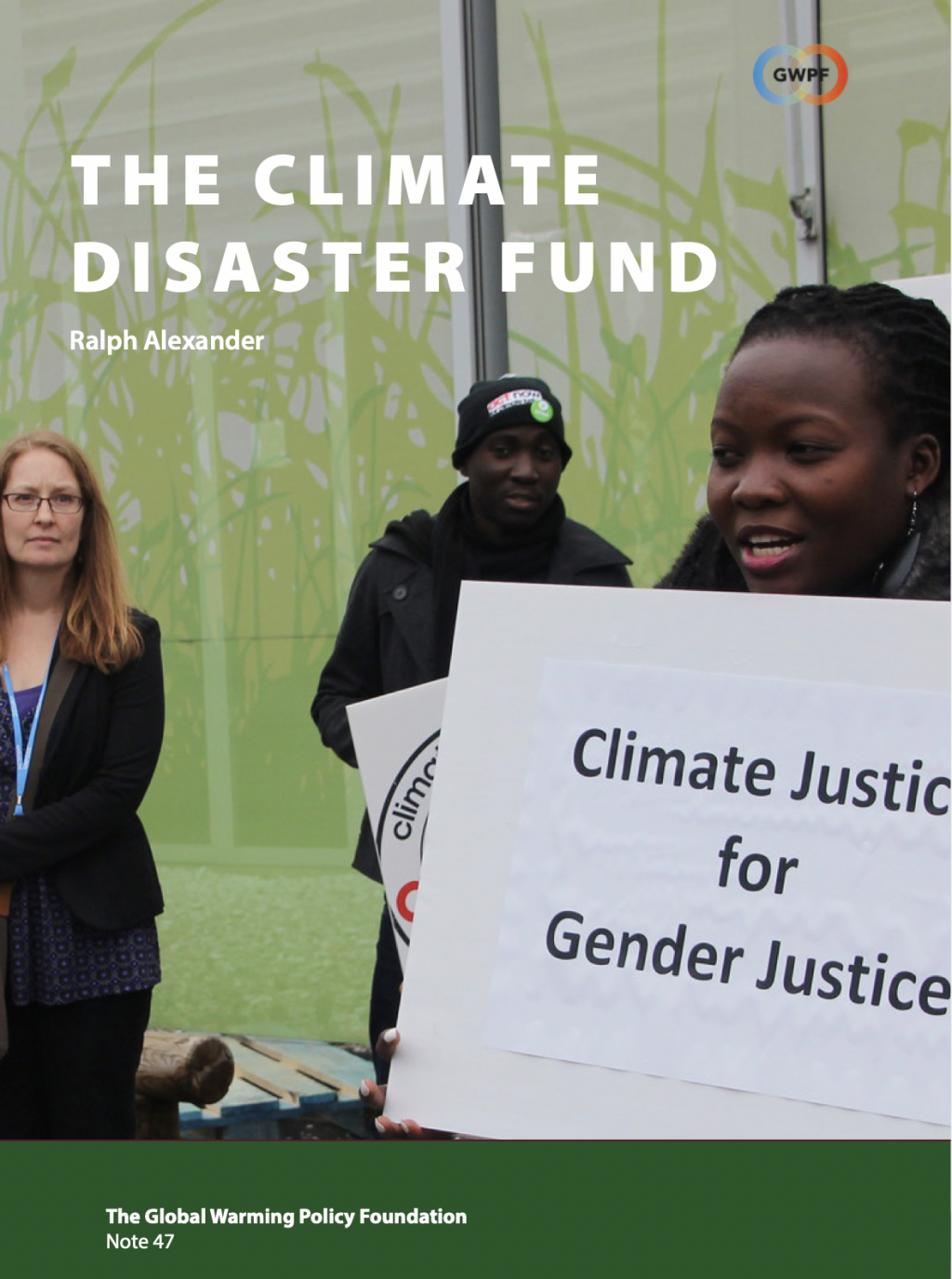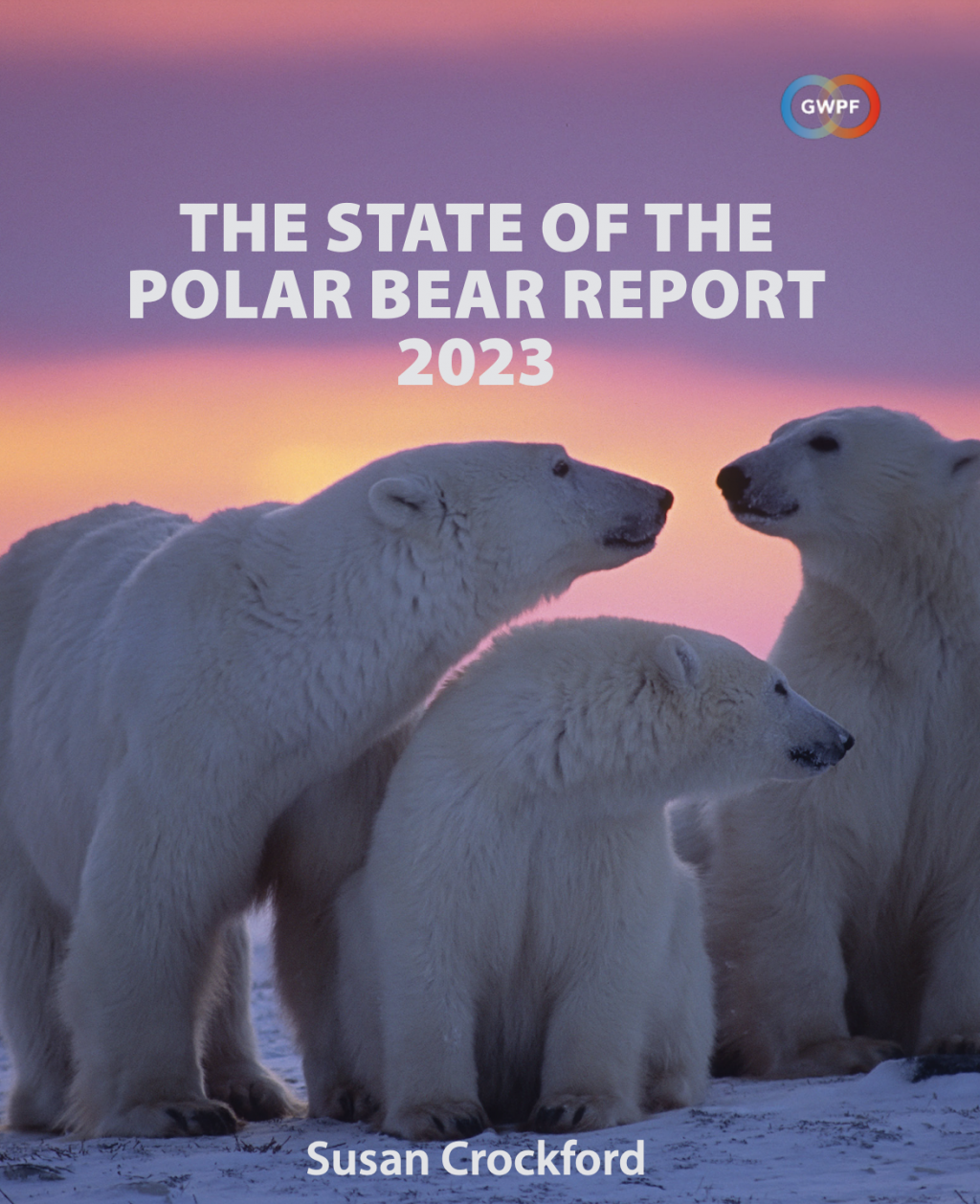London, 4 February: The familiar narrative of a climate “emergency” is not supported by a vast body of observational data, according to a new paper published by the Global Warming Policy Foundation.
Contrary to popular belief there is little evidence of harmful trends from the impact of global warming.
According to the paper’s author, Dr Indur Goklany,
“Almost everywhere you look, climate change is having only small, and often benign, impacts. The impact of extreme weather events ― hurricanes, tornadoes, floods and droughts ― are, if anything, declining. Economic damages have declined as a fraction of global GDP. Death rates from such events have declined by 99% since the 1920s. Climate-related disease has collapsed. And more people die from cold than warm temperatures”
And even sea-level rise – predicted to be the most damaging impact of global warming – seems to be much less of a problem than thought. According to Dr Goklany, reviews of historic maps and satellite imagery have shown that the places predicted to disappear are in fact still with us.
“A recent study showed that the Earth has actually gained more land in coastal areas in the last 30 years than it has lost through sea-level rise. We now know for sure that coral atolls aren’t disappearing and even Bangladesh is gaining more land through siltation than it is losing through rising seas.”
Empirical data also shows that food production per capita has increased by 30% since 1961 despite a more-than-doubling of the global population. Hunger and malnutrition have declined, area burnt by wild fires has declined, and since 1950 poverty has declined, people are wealthier and global life expectancy has increased from 46 years to 73 years.
Dr Goklany’s paper Impacts of Climate Change: Perception and Reality is published by the Global Warming Policy Foundation and can be downloaded here (pdf).
About the author
Indur M. Goklany is an independent scholar and author. He was a member of the US delegation that established the IPCC and helped develop its First Assessment Report. He subsequently served as a US delegate to the IPCC, and as an IPCC reviewer.



